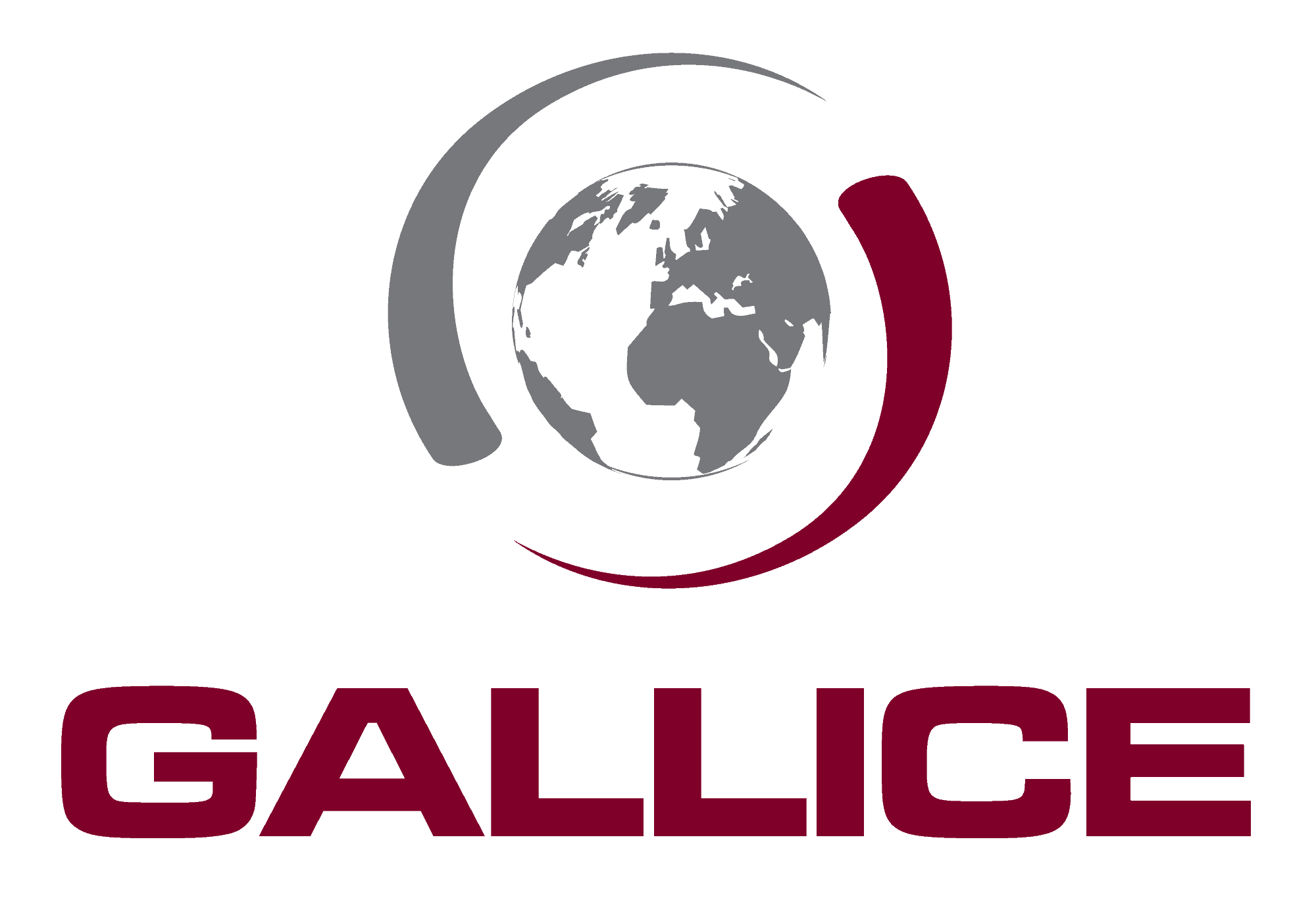ALGERIA
In 2025, Algeria remains a relatively stable country domestically, but several underlying tensions warrant continued vigilance.
From a security perspective, the terrorist threat persists in remote areas, although it has significantly declined over the past few years. Islamist armed groups, particularly those affiliated with Al-Qaeda in the Islamic Maghreb (AQIM), have lost influence but still retain a residual operational capacity in mountainous regions (Kabylie, Aurès) and especially in the Saharan border zones. These porous borders expose the country to incursions by terrorist groups and transnational traffickers, particularly along the frontiers with Mali, Niger, and Libya.
Algeria’s major cities remain generally safe. The main risks are related to petty crime (such as bag snatching and burglaries), particularly in Algiers, Oran, and Constantine. However, the level of criminal violence remains lower than in many other countries in the region.
Politically, power remains concentrated in the hands of the military and the presidency. Abdelmadjid Tebboune remains in office in 2025, but his mandate is weakened by persistent public distrust. The Hirak, a popular movement that began in 2019, has lost visibility but still exists in the background, especially on social media and through occasional demonstrations.
Nonetheless, Algeria’s political system is going through a period of significant internal divisions. Power no longer rests solely with the traditional structures of government but on a fragile balance between the presidency and the army. The presidential "clan" is increasingly weakened, particularly due to divisions within the intelligence services (DRS), which had long held considerable power. General Mohamed Mediène (Toufik), the former intelligence chief, was dismissed after attacking members of the presidential circle. This evolution reveals deep political instability, with rival "clans" vying for dominance.
Economic difficulties are also notable, particularly among the population aged 19 to 25, who number around 10.7 million. The high unemployment rate within this group threatens social stability — a challenge the government is attempting to address through significant increases in subsidies and unemployment benefits. However, these measures place a heavy burden on the state budget, increasing Algeria’s dependence on oil revenues.
Indeed, the Algerian economy remains heavily reliant on hydrocarbons, making the country vulnerable to global price fluctuations. While some reforms have been proposed to encourage economic diversification and attract foreign investment, implementation has been slow. Ageing infrastructure in the oil industry also requires investment, but Algeria has struggled to attract the necessary capital.
Diplomatically, relations with Morocco were severed in 2021, and the border remains closed. Diplomatic tensions continue, punctuated by media and military incidents, although these have not yet escalated into open conflict. Relations with France remain strained, particularly on historical and migration issues, despite attempts at normalisation observed at the end of 2024. French nationals may be specifically targeted and subject to verbal or even physical attacks.
Algeria is currently relatively isolated on the international stage. Its traditional partners, such as Russia and Syria, have been weakened, notably by the war in Ukraine and the fall of Bashar al-Assad. Russia, Algeria’s main arms supplier, is struggling to meet the country’s military needs.
At the same time, Algeria has strengthened partnerships with countries such as China, Turkey, and, to a lesser extent, Italy and Russia, while maintaining a cautious stance regarding the war in Ukraine.
Travel to the Saharan regions of the country (Tamanrasset, Djanet, In Salah, etc.) and border areas with Mali, Niger, Libya, and Tunisia is strongly discouraged. These zones remain exposed to risks of kidnapping, smuggling, and armed attacks.
